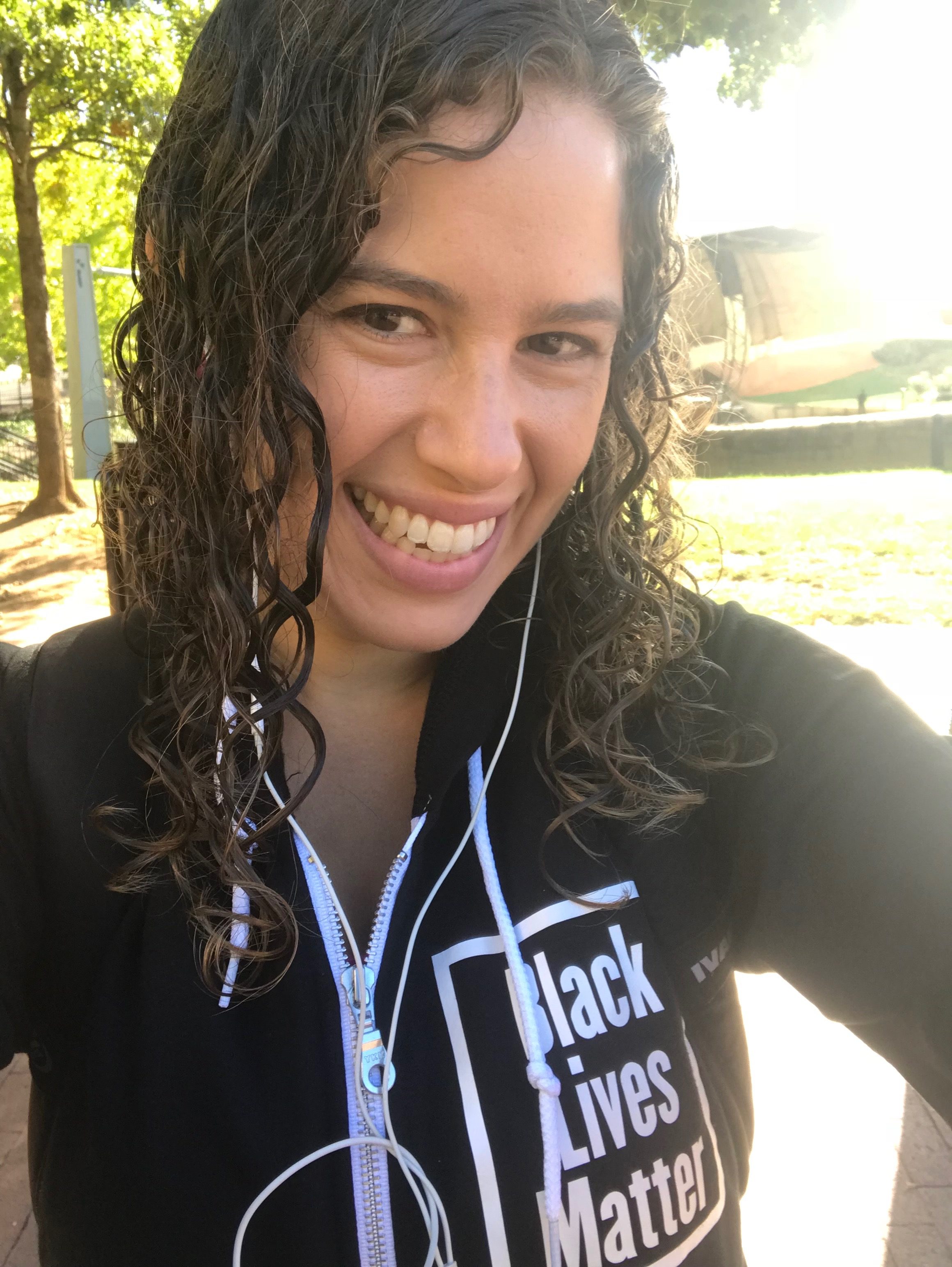When my partner and I first got engaged, I went to my hometown public library and checked out three books on Jewish weddings. I read only one of them, and had to return it before I got the chance to write down and follow-up with any of the ideas it gave me. One particular piece of wisdom in this book, a suggestion that seemed forced and unnecessary at the time, I now regret ignoring. This wisdom was found in the section of the book addressing family dynamics.
One of the most difficult and inaccurate myths about weddings (in my humble opinion) is the idea that “this is your day.” A lot of well-meaning, earnest, and excited people have explained to me some variation on the idea that the wedding is all about me and my partner and that we should get what we want out of the day. They have said this to me maybe to encourage me to voice my desires, or maybe to comfort me that all the hard work and stress will be worthwhile because in the end I will have something that is completely mine, or maybe just because they had heard it said before and figured it might be a nice thing to say.
I rarely had a good response when people said that to me in the past. But now I say to all of them: That’s not true. The day is not just about me, or just about my partner and me, or just about our relationship. It’s about who we are, where we’ve come from, and the people who have been our role models, our guides, our sources of encouragement and support, and, in no small ways, our lifelines. It is about us; it is about our parents; it is about family.
And by “family” I mean everything so often meant by “family”: love; mess; drama; complex family histories; collaboration and conflict across political, religious, and aesthetic divides; yelling; crying; and still a whole lot of unconditional love.
The book I read on Jewish weddings recognized that parents and families are an important part of the process. The piece of advice that the book offered (that I foolishly ignored) is this: Sit down with your parents early on in the wedding planning process for a “visioning” conversation. The couple could sit down with all their parents at once if possible, or different parents at different times. Start by inviting everyone to share some feelings about the wedding planning process. Then have people share what they are most looking forward to—what elements of the wedding are most important to them. From there, a conversation about details can develop. What specific parts of a wedding does each person really want, or really not want, or really want to do a particular way? Everything shared during this conversation can be adjusted, reconsidered, and changed; but everything must be heard. I can see now, from my vantage point at the near-end of this process, how powerfully such a conversation could open up the lines of communication and create a collaboration of mutual respect and care.
Although we did not sit down with our parents for the purpose of such a crafted and carefully facilitated family conversation, many of the intentions of this conversation did inform our wedding planning. We tried to respect each others’ desires, identify points of contention and ways to compromise, and understand that no one person and no one couple had to have everything go their way.
But at this point of the process, I am struggling to find a way to compensate for the lack of extreme openness and, clearly, that certain element of touchy-feely-ness that the above conversation might have precipitated. A few ideas float through my head, the most prominent one is this: What if I try to facilitate an analogous conversation on the Friday night before the wedding (two nights before our Sunday wedding)? We will be having a small family dinner, mainly parents and siblings and us. While simply sitting together for a small, intimate meal will, I hope, help us develop a family connection that we will build on throughout the weekend, the facilitator/community-leader in me wants to come prepared with some go-round questions, for example, asking everyone to share what they are most looking forward to for the wedding weekend, or one hope they have for the weekend, or one thing they have been thinking about most in the week leading up to the weekend. Any suggestions would be welcome!
